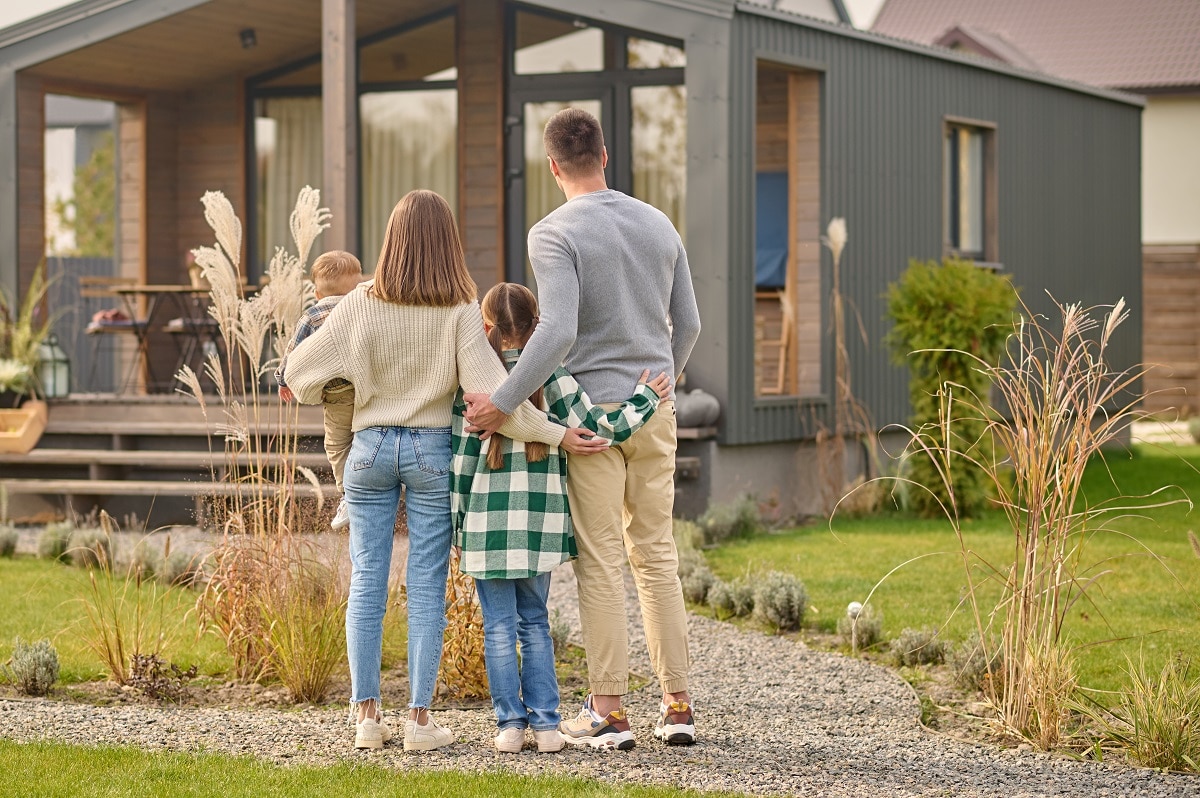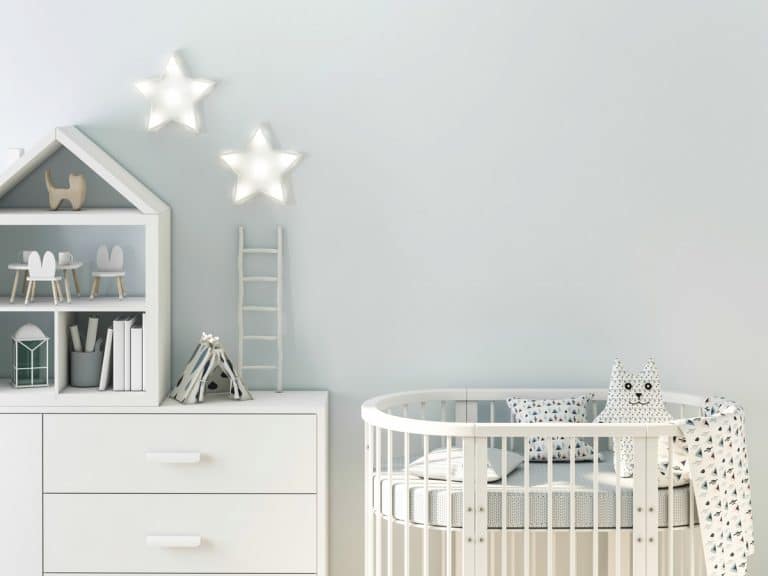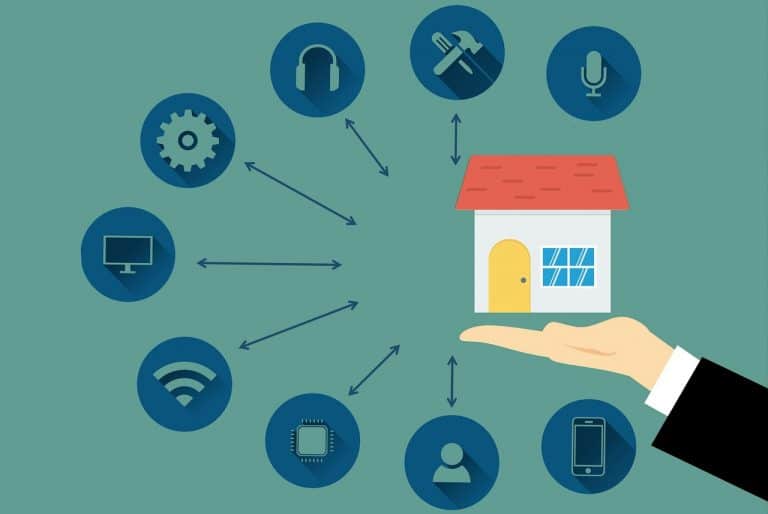Whether renting or buying, choosing where you live can always be a major financial decision and require commitment. But which one should you choose?
Renters headed about 36 percent of the 122.8 million households in the US back in 2019. This means rent is still very common, particularly in cities. There is a purpose to renting. It offers convenience and can save renters from costly property taxes and tedious maintenance. This is, of course, a benefit that depends on where a person is in life.
On the other hand, residential properties are a great investment. Even as you settle down, having your own home is the best way to go. But purchasing a property is a major financial undertaking and a long-term commitment. So does that mean you should rent?
Buying a home can be a great way to build long-term wealth, however, the idea that renting is a waste of money is a myth. Both have pros and cons and there are factors to consider when choosing whether to buy or rent, like your finances and lifestyle. It would be best if you considered some things when deciding whether to rent or buy a home.
Have You Saved Enough to Buy a Home?
The average price of a home in the US was at $361,500 in the first quarter of 2022, and the real estate market remains dynamic. The increasing population could drive market growth even more.
Homes are major investments. Hence it’s important to be prepared mentally and financially when making the purchase. Experts recommend having at least 20 percent of the price of the home you are eyeing saved before signing the contracts.
Many banks also require a 20 percent down payment, as having such an amount can be reliable if you can afford to pay mortgages. It can help you prequalify for a loan, and you won’t be required to attain mortgage insurance.
Going for properties with low down payment options may sound attractive but not ideal, as this can subject you to higher monthly payments for longer terms. Without any savings, renting a home might be the best option.
How Long Do You Plan to Stay?
Experts suggest that it is only ideal to buy a home if you’re planning to stay in it for at least three years. Moreso, the value of homes only increases by 4 to 7.5 percent per year. This means you’ll spend more on maintenance than you’d earn in proceeds if you sell after only a year or two.
Despite the negative connotation associated with renting, there are instances when it actually makes more sense to rent. If you are moving to a city for a job or a business but do not plan on retiring there, it’s best to rent first.
Buying a home incurs the cost of ownership, which in hindsight, is a lot costlier than renting. When you rent, you rarely need to take care of the hassles of maintenance as well as property taxes and other fees you need to settle.
Can You Afford the Cost of Homeownership?
Monthly mortgage payments can be less than monthly rent. For instance, there are areas in Alabama, Missouri, Pennsylvania, Florida, and Cleveland where it is up to 33 percent cheaper to buy a home than to rent. But this does not take into account the other costs that come with ownership. This can range from property taxes to your lawn, repairs, maintenance, bills and more.
Property tax in the US ranges from 0.3 to 2.21 percent of home value back in 2020. It varies per state, but rates often fluctuate based on market conditions. It’s required by law that all homeowners must pay property taxes.
Home insurance also incurs significant costs to homeowners. It’s non-negotiable as it secures your home and minimizes the risks of owning a property. There are ways to get better home insurance rates and coverage. You just have to find the right provider and coverage package, like traveler home and auto insurance, which allows you to bundle your insurance into one monthly premium payment.
Are You Ready to Be a Homeowner?
Being a homeowner calls for commitment, and you really have to be at a specific time of your life when you know a home is what you need. This applies if you are looking to settle down, get married or raise a family, or even just when you know you want to stay in that area and build your life there.
However, if you are still looking into exploring places and trying to live from one country to another or are just figuring out your career, buying a house may become unnecessary for the time being. You might need more than maintaining a house if you are also busy with your job or business. Even if you can afford to buy, renting might be a better option based on your lifestyle and goals.
Can You Afford Extra Costs on Home Maintenance?
Buying a home and living in it for a long time means you will witness it go through seasons and be in need of repair and maintenance. This is a major part of the additional long-term costs that come with owning a home.
From your fences to roofings, floors, pipes, heating or cooling systems, electrical wirings, decors, furniture and everything you have in and out — all of this will have signs of wear and tear sooner or later. Things might break down, appliances will need replacements, and from time to time, you might need to upgrade your home with new materials and furnishing, extend it or completely renovate.
Sometimes, seasons will call for new furniture pieces or decors; you will also need to repaint the walls regularly, have the house disinfected or get pest control services to maintain a clean environment.
All these are part of owning and maintaining a house. This can be financially tasking, especially if you need a sustainable source of income or savings to cover everything.
Deciding Whether to Rent or Buy
When it comes to convenience and cost-efficiency, there is no clear winner between buying a home and renting. Both of these options offer you ways to get a space where you can live with the required payment.
When it comes to purchasing a home, you will have a permanent place, where you can stay longer and possibly sell it as a form of investment that yields returns in the future. In renting, you get to have mobility: you can commit to it for a shorter span of time and move to a space that is more convenient for you – whenever you need it without worrying about miscellaneous costs like maintenance and insurance.
Evaluate your finances, lifestyle and goals. Determine whether you are ready to buy a home or will benefit more from renting. This way, you can choose which will work best for you and will benefit you in the long run.











